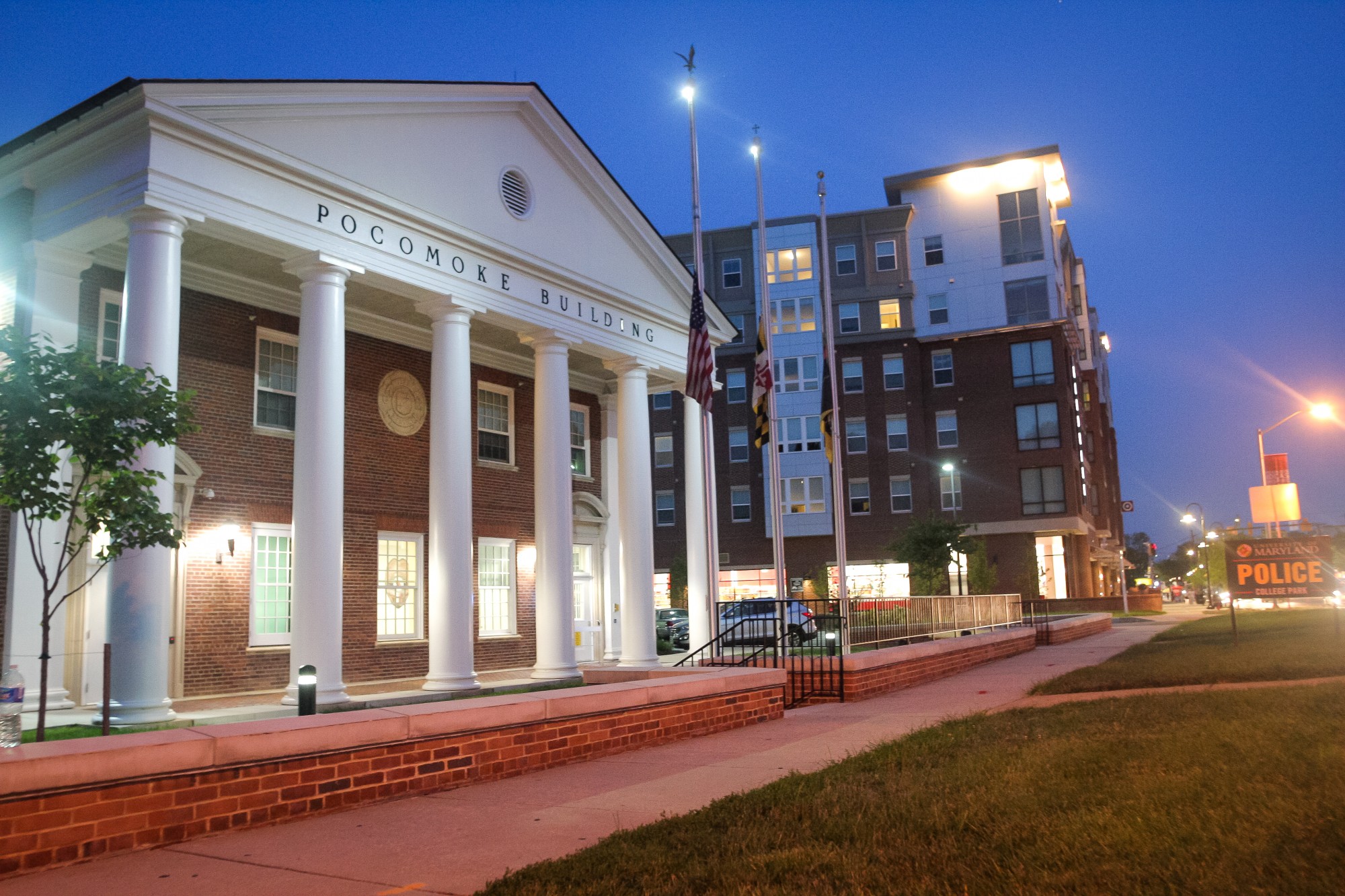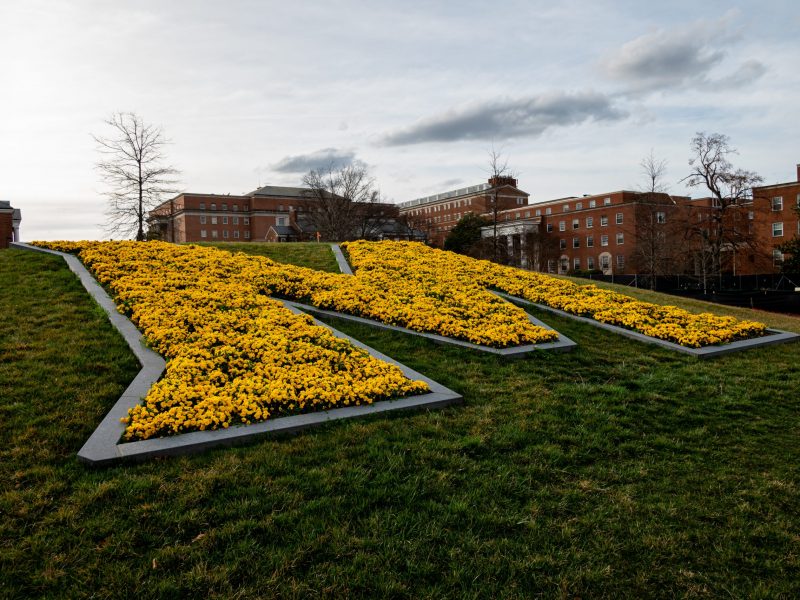After the violent clashes that resulted from a white supremacist rally in Charlottesville, Virginia, last month, the city’s mayor, Michael Signer, urged localities to expand security resources to protect against public safety threats.
A federal judge denied a request to move the location of the rally to a larger park, which hindered the police force’s ability to exercise crowd control and stop a car from driving into a crowd of counterprotesters, killing 32-year-old Heather Heyer. But Signer didn’t fault the police force for this.
“We had the single largest assembly of law enforcement officers since 9/11 — almost 1,000 law enforcement personnel,” Signer said in an interview with CBS News. “We had a very strong security plan in place.”
In the wake of this violence, municipal Prince George’s County leaders said they are equipped to manage security hazards should they arise.
[Read more: Charlottesville violence spurs UMD student groups to push for diversity initiatives]
To successfully manage a protest with advance warning, police must meet with a leader from the protesting group to determine the amount of officers needed, arrange for assistance and set clear boundaries, said Bowie Police Chief John Nesky.
When responding to a threat, Bowie Police start by positioning the “bare minimum” amount of officers, then increasing police presence as needed to maintain control and “set the right tone,” he added.
“If you put folks out there in riot gear at the very beginning, it becomes a self-fulfilling prophecy,” Nesky said. “You almost help ramp it up.”
The University of Maryland Police Department has an emergency operation center located in the Pocomoke Building. The center serves this university’s community, as well as College Park.
College Park Mayor Patrick Wojahn said the center is supplied with technology and equipment to serve residents and keep the city safe.
“Whenever there’s a major event or even a football game — or if there were to be a political rally of some sort in College Park — then we’d utilize the emergency operation center and communicate with other public safety units such as local police, the fire department and EMS,” Wojahn said.
University of Maryland police have previously responded effectively to security threats, Wojahn said, adding that the most recent “major challenge” the city faced was when Maryland men’s basketball played Duke in 2013.
[Read more: UMPD’s 24/7 security camera system has been used to monitor UMD for 20 years]
“There were riots on Route 1, but police kept things under control and prevented any serious instances from occurring,” Wojahn said.
Wojahn credits the success of police response to a countywide security procedure, which recommends localities work together when violent threats arise.
“We learn from other jurisdictions and examine what’s worked and what hasn’t worked,” Wojahn said.
George Mathews, who works in crime prevention at the Greenbelt Police Department, said Greenbelt would effectively be able to quell a potential threat because of the “mutual effort” at the county level.
“When you’re dealing with a situation like Charlottesville, you constantly have to adapt,” Mathews said. “If the situation escalates beyond something we can handle, we may have to use county or even state resources.”
He noted the department sometimes aids this university’s police, “be it responding badly to a basketball win or defeat.”
The scope of police response changes with the severity of the incident, Mathews said. First, Greenbelt police officers issue verbal warnings. If the situation becomes violent, the officers will strategically network with other departments to break it up.
“We always revisit things and, at this point, I think we’re good,” Mathews said. “But we’re not naive to the possibility that things could change.”
City officials from Bowie, College Park and Greenbelt have no current plans to discuss changing any existing security measures.
CORRECTION: Due to a reporting error, a previous version of this article incorrectly stated that College Park police have responded to security threats. College Park does not have its own police department. University of Maryland Police have responded to security threats. This story has been updated.



